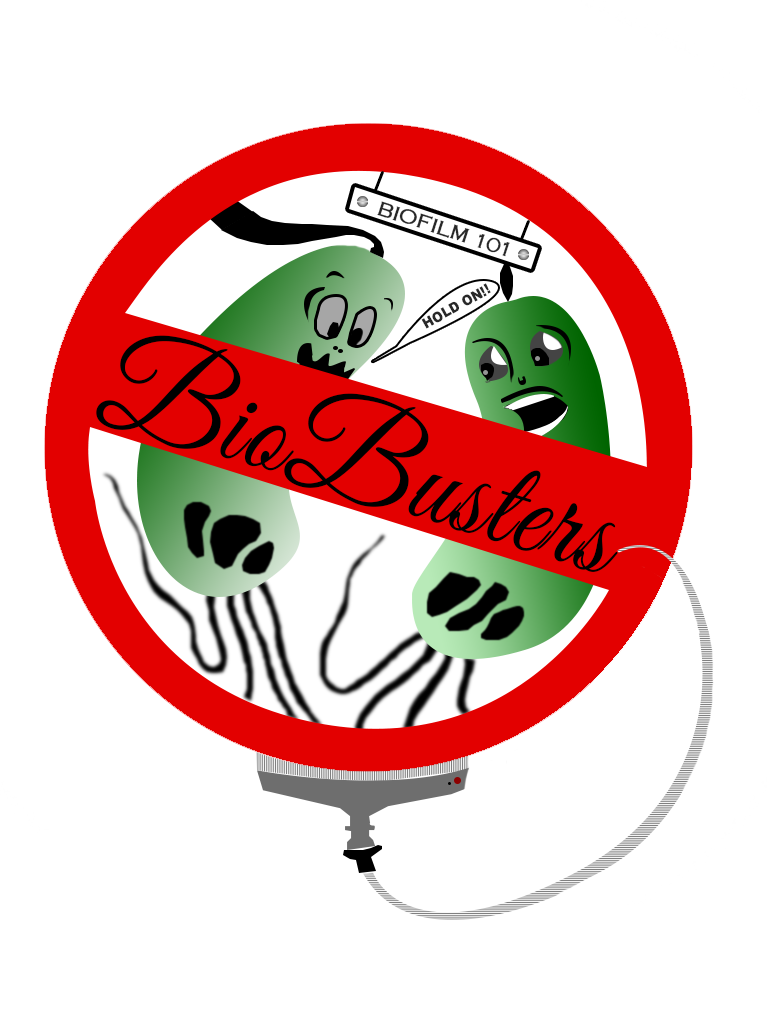
Identify

A SALIENT DEFINITION OF BIOFILMS OFFERED BY DONLAN AND COSTERTON (2002):
“a microbially derived sessile community characterized by cells that are irreversibly attached to a substratum or interface or to each other, embedded in a matrix of extracellular polymeric substances that they have produced, and exhibit an altered phenotype with respect to growth rate and gene transcription.”
The formation of biofilms on abiotic and biotic surface has a global effect on our society. Two main victims of this can effect; One is medicine and the second is dentistry. For example biofilms constitute for hospital acquired infections – causing around 300,000 cases of hospital acquired infections- this costs the national health service approximately £1 billion a year. Bacteria constituting biofilms have the ability to be less defensive against host defences than are planktonic forms of the same microorganisms. Subsequent infection with caused by biofilms can manifest in many clinical challenges, such as uncultivable species, chronic inflammation, impaired wound healing, and spread of infection. You may think, why? This is because medical devices such as catheters, pacemakers, vascular prostheses regardless of their sophistication ae susceptible to colonization of bacterial species.
In relation to dentistry biofilms can also increase the risk of HAIs. Biofilms are the main culprit in etiopathogenesis of dental caries and periodontal disease. Though uncalcified biofilms can be removed by professional in the dental discipline, however these biofilms can mature within hours and have the potential to calcify into dental calculus making their removal difficult. Hence, these biofilms pose a great challenge to the dental clinician in the control and eradication of biofilm-associated diseases.
However, we as a team wanted to go further than, this. Rather than relying on only research we get enthused with local communities and rather than imaging our project contribute positively, we wanted to gain first hand knowledge from disciplines from the front line. Therefore, we went with a simple strategy.
Our strategy:
We know from literature that dentistry and medicine are highly targeted fields by biofilms. However, we wanted to know the how’s, the when’s the what’s. Moreover, we wanted to keep it simple but constructive, in this way it would allow us to accurately understand different problems of each aspect thoroughly.
1. How biofilms effect the healthcare community?
2. What strategies are already in place to reduce effects of biofilms?
3. How our project will circumvent these issues caused by biofilms?
4. Any suggestions to facilitate improvement in relation to our project

